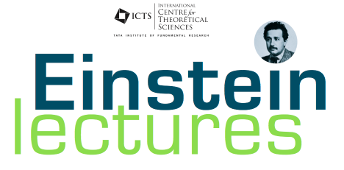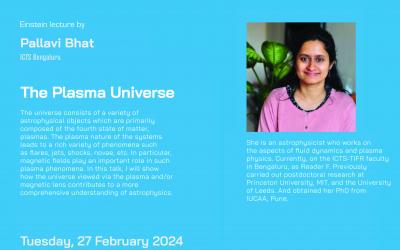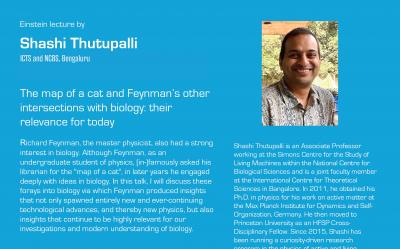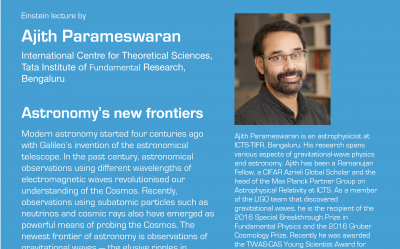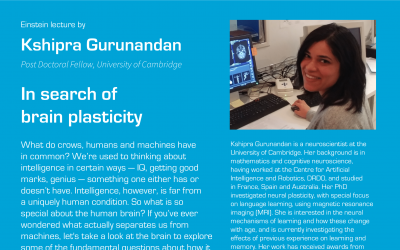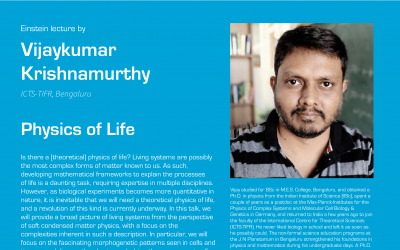Sidney R. Nagel (University of Chicago)
06 December 2025, 15:00 to 16:30
St. Joseph's University, Bangalore
Abstract: I will emphasize the surprises and elegance of how liquids produce the texture of our lives. Examined closely, many things that we take for granted are astonishing. Consider a simple liquid drop as it falls. It breaks into two pieces where not only the topology changes but where the...more


